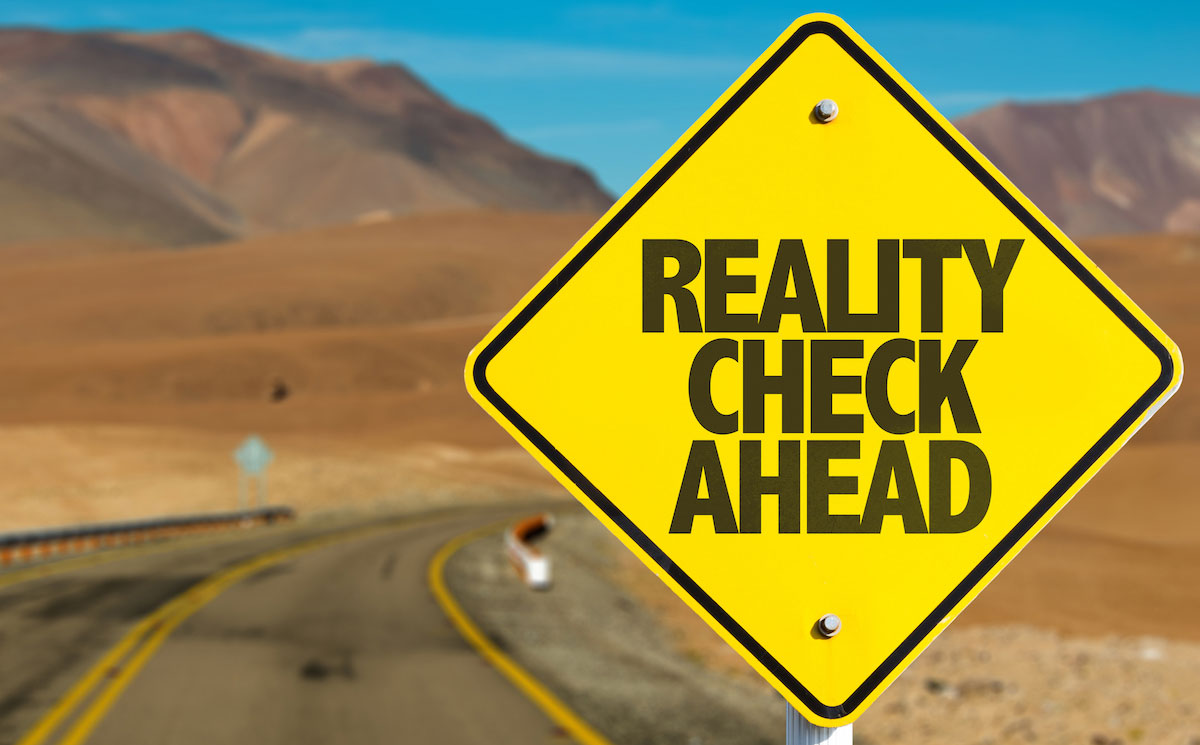<< Back
Coronavirus Myth-Busters: The Essential List

March 04, 2020
Here are some favorite myths, with full fact-check, courtesy of the World Health Organization:
Q: Are hand dryers effective in killing the new coronavirus?
A: No. Hand dryers are not effective in killing the 2019-nCoV. To protect yourself against the new coronavirus, you should frequently clean your hands with an alcohol-based hand rub or wash them with soap and water. Once your hands are cleaned, you should dry them thoroughly by using paper towels or a warm air dryer.
Q: Can an ultraviolet disinfection lamp kill the new coronavirus?
A: UV lamps should not be used to sterilize hands or other areas of skin as UV radiation can cause skin irritation.
Q: How effective are thermal scanners in detecting people infected with the new coronavirus?
A: Thermal scanners are effective in detecting people who have developed a fever (i.e. have a higher than normal body temperature) because of infection with the new coronavirus.
However, they cannot detect people who are infected but are not yet sick with fever. This is because it takes between 2 and 10 days before people who are infected become sick and develop a fever.
Q: Can spraying alcohol or chlorine all over your body kill the new coronavirus?
A: No. Spraying alcohol or chlorine all over your body will not kill viruses that have already entered your body. Spraying such substances can be harmful to clothes or mucous membranes (i.e. eyes, mouth). Be aware that both alcohol and chlorine can be useful to disinfect surfaces, but they need to be used under appropriate recommendations.
Q: Is it safe to receive a letter or a package from China?
A: Yes, it is safe. People receiving packages from China are not at risk of contracting the new coronavirus. From previous analysis, we know coronaviruses do not survive long on objects, such as letters or packages.
Q: Can pets at home spread the new coronavirus (2019-nCoV)?
A: At present, there is no evidence that companion animals/pets such as dogs or cats can be infected with the new coronavirus. However, it is always a good idea to wash your hands with soap and water after contact with pets. This protects you against various common bacteria such as E.coli and Salmonella that can pass between pets and humans.
Q: Do vaccines against pneumonia protect you against the new coronavirus?
A: No. Vaccines against pneumonia, such as pneumococcal vaccine and Haemophilus influenza type B (Hib) vaccine, do not provide protection against the new coronavirus.
The virus is so new and different that it needs its own vaccine. Researchers are trying to develop a vaccine against 2019-nCoV, and WHO is supporting their efforts.
Although these vaccines are not effective against 2019-nCoV, vaccination against respiratory illnesses is highly recommended to protect your health.
Q: Can regularly rinsing your nose with saline help prevent infection with the new coronavirus?
A: No. There is no evidence that regularly rinsing the nose with saline has protected people from infection with the new coronavirus.
There is some limited evidence that regularly rinsing nose with saline can help people recover more quickly from the common cold. However, regularly rinsing the nose has not been shown to prevent respiratory infections.
Q: Can eating garlic help prevent infection with the new coronavirus?
A: Garlic is a healthy food that may have some antimicrobial properties. However, there is no evidence from the current outbreak that eating garlic has protected people from the new coronavirus.
Q: Does the new coronavirus affect older people, or are younger people also susceptible?
A: People of all ages can be infected by the new coronavirus (COVID-19). Older people, and people with pre-existing medical conditions (such as asthma, diabetes, heart disease) appear to be more vulnerable to becoming severely ill with the virus.
WHO advises people of all ages to take steps to protect themselves from the virus, for example by following good hand hygiene and good respiratory hygiene.
Q: Are antibiotics effective in preventing and treating the new coronavirus?
A: No, antibiotics do not work against viruses, only bacteria.
The new coronavirus is a virus and, therefore, antibiotics should not be used as a means of prevention or treatment.
However, if you are hospitalized for COVID-19, you may receive antibiotics because bacterial co-infection is possible.
Not feeling well? Call your healthcare provider for guidance and try to avoid going directly to an emergency department or urgent care center, as this could increase the chances of the disease spreading.
Click here to schedule a virtual visit with a Hartford HealthCare-GoHealth Urgent care doctor.
Stay with Hartford HealthCare for everything you need to know about the coronavirus threat. Click here for information updated daily.
Questions? Call our 24-hour hotline (860.972.8100 or, toll-free, 833.621.0600).
Get text alerts by texting 31996 with COVID19 in the message field.